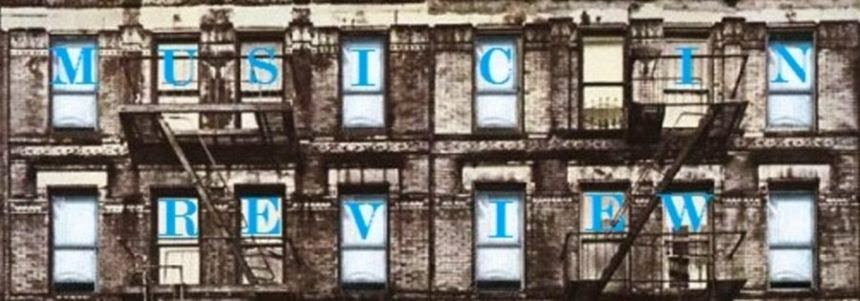The first challenge I ran into when composing this review was who to credit as the artist. The song “Angel Voice” was written and composed by Yoko Kanno, the singer performing the song is Yoshiki Fukuyama, but no official name for the band is credit for the song. The character who sings the song is named Nekki Basara and his fictional rock band is called Fire Bomber. Really I could have chosen any of the listed options.
 |
| Yoko Kanno, writer/composure or "Angel Voice." |
 |
| Yoshiki Fukuyama, singer of "Angel Voice." |
However Macross 7 had one thing going for it that the original did not, it had a rock band. The music from the original Macross Super Dimensional Fortress has a charm in its own right, but for a rock and roll guy like me, the pop music that consisted of Minmay’s play list never did much for me. While Macross 7 is a bizarre and at times bafflingly silly story about unlikeable characters mostly doing unbelievable things, the music is pretty damn good.
It is something the Japanese musicians seem really proud of is writing music for their animated television shows. There is a whole genre dedicated to it. Here in the west bands may volunteer to write original material for a motion picture, but we rarely see established musicians spending their time on televisions shows, let alone, cartoons. There is an endearing nature to enthusiastic musicians like Yoshiki Fukuyama who put into their work for what might be considered childish nonsense.
 |
| Basara Nekki, main character of "Macross 7." |
Every connection Macross 7’s plot attempted to make between the rock band Fire Bomber and the boring main story felt forced. It was like there was two completely independent and mutually exclusive plot lines going on that had nothing to do with one another and nothing about them indicated that they should ever cross paths, that is, until this ending to this sequel. Space whales, sure, very weird plot device, but all of a sudden warring factions have to stop and behold while a rock star makes the breakthrough that neither of them could. Basara does not use music to save the world, but he stops a galactic brawl from taking place and forms a bound with a truly alien life form with music, and that is impressive nonetheless, and more important than that perhaps it feels like the sort of heroic thing a not very heroic, and frankly self absorbed, artist like the character Basara would seek. This is the naturally conclusion for that character, this is want he looking for all this time.
Then again maybe I am wrong I never could muster the patient to watch all of Macross 7.
So why talk about this at all? Because the song Nekki Basara plays at the end of the series is freaking beautiful. That song is “Angel Voice.”
The lyrics are in Japanese but a simple translation reveals the song, more or less, about searching for something beautiful, and if we listen carefully we should be able to hear it, an angel’s voice. For the most part I feel “Angel Voice” is a guitar song, sure there is a bass and drums like any traditional rock song, but the focus is very much on the guitar and Yoshiki’s voice, and the intro and outro is made up exclusives by this lead guitar. Speaking of Yoshiki’s voice we have to address the most iconic and obviously best part of the song, the wailing “whoa whoa whoa,” that compromises entire last third of the song.
At roughly the four and a half minute mark there are no more words to be said and Yoshiki breaks into a repeating of “whoa whoa whoa,” which in plain text may not sound overly exciting but believe me it is, and you don’t have to believe me, you can go listen to the song and hear it for yourself, which is, after all the whole point of me writing any of this.
There is a lot of emotion in this ending display, and it is very powerful and catchy. Either intentionally or unintentionally Kanno has touched on one of the oldest and most effective tricks in pop music’s book, create a sing along part that literally everyone can learn instantly, the best way to do that is to not use words but a sound like “whoa.” A truly irrelevant side effect is anyone speaking any dialect can sing along with Yoshiki, but I must stress this is an irrelevant effect, because there is something very special in the way he wails and the heart he puts into his voice that transcends language anyway, and the soul of his voice strikes in the heart of humanity itself.
Also, because the fountain head of inspiration for this song is a truly bizarre one, you can hear the space whales singing along at the end of the song, and the song fades with them. This perhaps would normally be lame but it somehow works. It adds a little extra charm and it ties itself back into its bizarre anime connection.
I guess the moral of the story is great music can come from the wildest of places and it is always worthwhile to keep an open ear for what you might find.
- King of Braves



